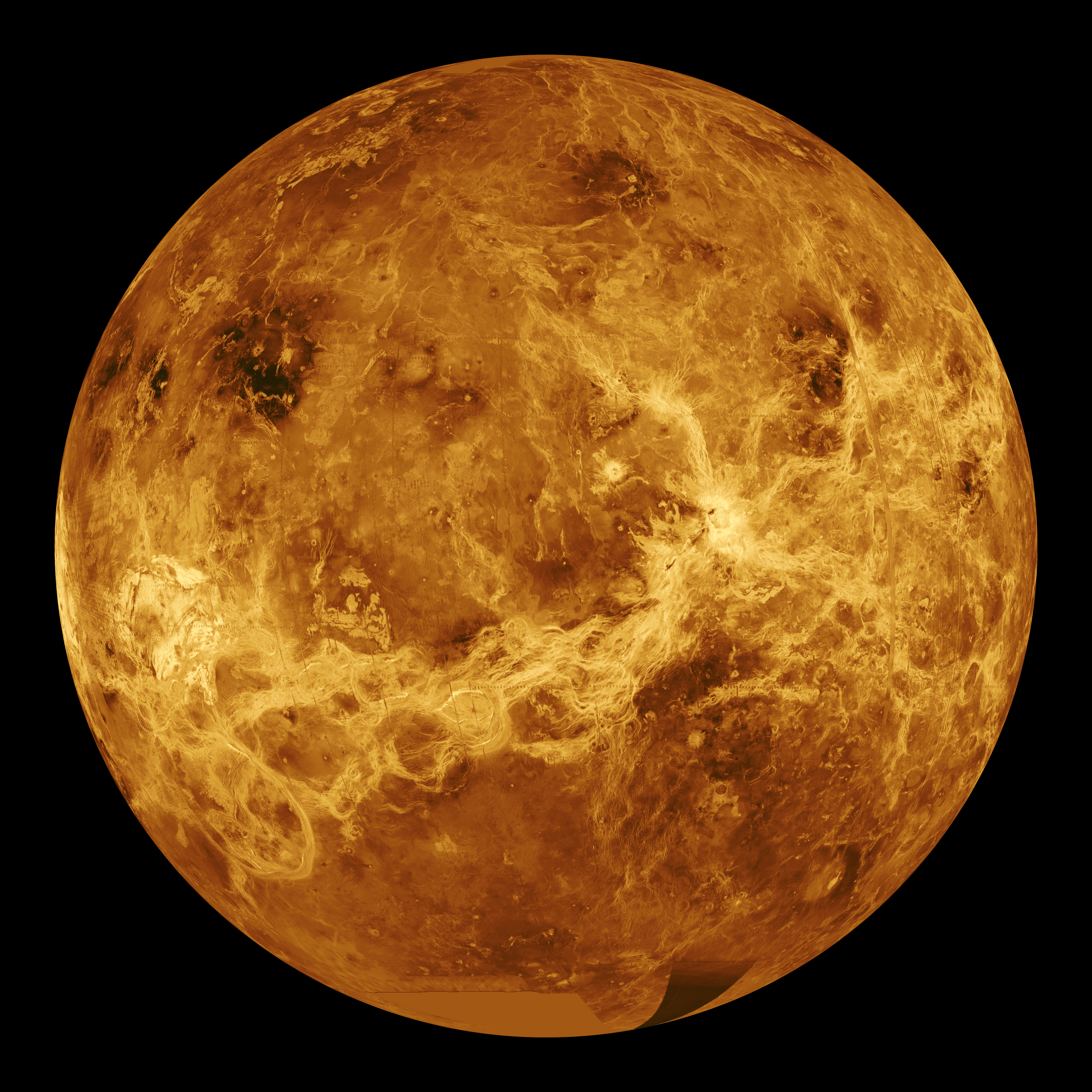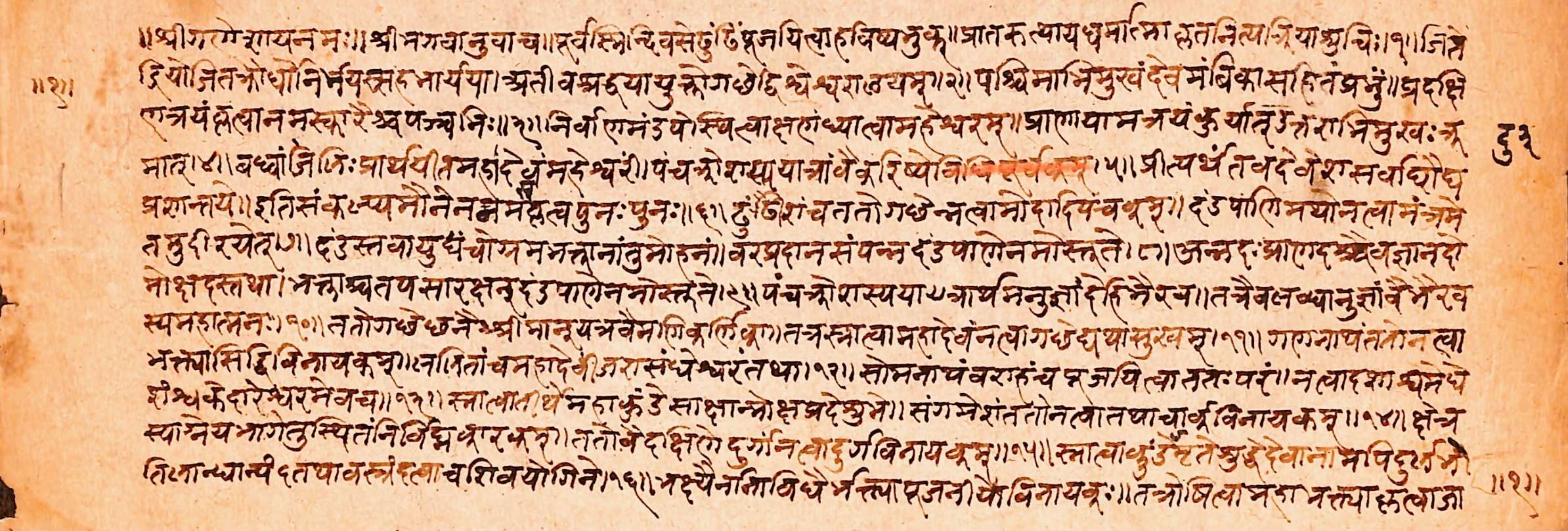|
Kacha (sage)
Kacha () is a sage featured in Hindu mythology. He is the son of Brihaspati and Tara. The narrative of Kacha is mentioned in the Mahābhārata, the Matsya Purana and the Agni Purana. He is known for learning ''Mṛtasañjīvanī vidyā'' mantra (a hymn for reviving the dead) from his guru Shukra. However, is unable to revive devas due to the curse of Shukra's daughter, Devayani. Legend Kacha is described to be the handsome son of Brihaspati. He is sent by the devas to Shukra's ashrama (spiritual hermitage) to learn about the ''Mṛtasañjīvanī vidyā'' mantra, the knowledge that allows one to restore life after death. Shukra accepts him as his disciple, and the latter accepts the task of offering him a thousand years of service. Devayani is infatuated by the youth, and the two become an inseparable couple. The asuras, however, are suspicious of Kacha's intentions, guessing correctly that he wished to know the secret of the life-restoring mantra. They murder him on two diff ... [...More Info...] [...Related Items...] OR: [Wikipedia] [Google] [Baidu] |
Rishi
''Rishi'' () is a term for an accomplished and enlightened person. They find mentions in various Vedic texts. Rishis are believed to have composed hymns of the Vedas. The Post-Vedic tradition of Hinduism regards the rishis as "great yogis" or "sages" who after intense meditation ( tapas) realized the supreme truth and eternal knowledge, which they composed into hymns.Hartmut Scharfe (2002), Handbook of Oriental Studies, BRILL Academic, , pp. 13–15. The term appears in Pali literature as Ishi and in Buddhism, they can be either Buddhas, Paccekabuddhas, Arahats or a monk of high rank. Etymology According to Indian tradition, the word may be derived from two different meanings of the root 'rsh' (). Sanskrit grammarians derive this word from the second meaning: "to go, to move". V. S. Apte gives this particular meaning and derivation, and Monier-Williams also gives the same, with some qualification. Another form of this root means "to flow, to move near by flowing". (All th ... [...More Info...] [...Related Items...] OR: [Wikipedia] [Google] [Baidu] |
Mahābhārata
The ''Mahābhārata'' ( ; sa, महाभारतम्, ', ) is one of the two major Sanskrit epics of ancient India in Hinduism, the other being the ''Rāmāyaṇa''. It narrates the struggle between two groups of cousins in the Kurukshetra War and the fates of the Kaurava and the Pāṇḍava princes and their successors. It also contains philosophical and devotional material, such as a discussion of the four "goals of life" or '' puruṣārtha'' (12.161). Among the principal works and stories in the ''Mahābhārata'' are the '' Bhagavad Gita'', the story of Damayanti, the story of Shakuntala, the story of Pururava and Urvashi, the story of Savitri and Satyavan, the story of Kacha and Devayani, the story of Rishyasringa and an abbreviated version of the ''Rāmāyaṇa'', often considered as works in their own right. Traditionally, the authorship of the ''Mahābhārata'' is attributed to Vyāsa. There have been many attempts to unravel its historical growth ... [...More Info...] [...Related Items...] OR: [Wikipedia] [Google] [Baidu] |
Devaloka
In Indian religions, a devaloka or deva loka is a plane of existence where gods and devas exist. The deva lokas are usually described as places of eternal light and goodness, similar to the concept of Heaven. Teachers of different Hindu denominations may call such homes of the gods by other names, including Svarga, each differing in non-fundamental aspects. Hindu beliefs are vast and diverse, and thus Hinduism is often referred to as a family of religions rather than a single religion. Thus, devaloka is viewed by many Hindu sects as a stopping point onto the final destination of an eternal heaven. These higher planes include Vishnuloka (''Vaikuntha''), Brahmaloka ('' Satyaloka'') and Sivaloka ('' Kailasa''), places of union with Vishnu, Brahma and Shiva. Within Hindu traditions, a Devaloka is understood as either a temporary planes of existence due to one's good karma, or a permanent plane of existence that is reached when one is sufficiently attuned to light and good. Within ... [...More Info...] [...Related Items...] OR: [Wikipedia] [Google] [Baidu] |
Acharya
In Indian religions and society, an ''acharya'' (Sanskrit: आचार्य, IAST: ; Pali: ''ācariya'') is a preceptor and expert instructor in matters such as religion, or any other subject. An acharya is a highly learned person with a title affixed to the names of learned subject. The designation has different meanings in Hinduism, Buddhism and secular contexts. ''Acharya'' is sometimes used to address an expert teacher or a scholar in any discipline, e.g.: Bhaskaracharya, the expert mathematician. Etymology The Sanskrit phrase ''Acharam Grahayati Acharam Dadati Iti Va'' means ''Acharya'' (or teacher) is the one who teaches good conduct to one's students. A female teacher is called an ''achāryā,'' and a male teacher's wife is called an ''achāryāni'' In Hinduism In Hinduism, an ''acharya'' is a formal title of a teacher or guru, who has attained a degree in Veda and Vedanga. Prominent acharyas in the Hindu tradition are as given below : *Adi Sankaracharya *Raman ... [...More Info...] [...Related Items...] OR: [Wikipedia] [Google] [Baidu] |
Asura
Asuras (Sanskrit: असुर) are a class of beings in Indic religions. They are described as power-seeking clans related to the more benevolent Devas (also known as Suras) in Hinduism. In its Buddhist context, the word is sometimes translated "titan", "demigod", or "antigod". According to Hindu scriptures, the asuras are in constant battle with the devas. Asuras are described in Indian texts as powerful superhuman demigods with good or bad qualities. In early Vedic literature, the good Asuras are called ''Adityas'' and are led by Varuna, while the malevolent ones are called ''Danavas'' and are led by Vritra. In the earliest layer of Vedic texts Agni, Indra and other gods are also called Asuras, in the sense of their being "lords" of their respective domains, knowledge and abilities. In later Vedic and post-Vedic texts, the benevolent gods are called ''Devas'', while malevolent Asuras compete against these Devas and are considered "enemy of t ... [...More Info...] [...Related Items...] OR: [Wikipedia] [Google] [Baidu] |
Ashram
An ashram ( sa, आश्रम, ) is a spiritual hermitage or a monastery in Indian religions. Etymology The Sanskrit noun is a thematic nominal derivative from the root 'toil' (< PIE *''ḱremh2'') with the prefix 'towards.' An ashram is a place where one strives towards a goal in a disciplined manner. Such a goal could be , spiritual, yogic or any other. Overview [...More Info...] [...Related Items...] OR: [Wikipedia] [Google] [Baidu] |
Deva (Hinduism)
''Deva'' (; Sanskrit: , ) means "shiny", "exalted", "heavenly being", "divine being", "anything of excellence", and is also one of the Sanskrit terms used to indicate a deity in Hinduism.Monier Monier-Williams, A Sanskrit-English Dictionary” Etymologically and Philologically Arranged to cognate Indo-European Languages, Motilal Banarsidass, page 492 ''Deva'' is a masculine term; the feminine equivalent is '' Devi''. In the earliest Vedic literature, all supernatural beings are called ''Devas''George Williams (2008), A Handbook of Hindu Mythology, Oxford University Press, , pages 90, 112 and '' Asuras''. The concepts and legends evolved in ancient Indian literature, and by the late Vedic period, benevolent supernatural beings are referred to as ''Deva-Asuras''. In post-Vedic Hindu texts, such as the Puranas and the Itihasas of Hinduism, the ''Devas'' represent the good, and the ''Asuras'' the bad. In some medieval works of Indian literature, ''Devas'' are also referred ... [...More Info...] [...Related Items...] OR: [Wikipedia] [Google] [Baidu] |
Devayani
Devayani ( sa, देवयानी, translit=Devayānī) is a character in Hindu literature. She is described to be the daughter of Shukra, the acharya (preceptor) of the asuras, and his wife Jayanti, the daughter of Indra. She marries King Yayati, and gives birth to two sons — Yadu and Turvasu. Legend Infatuation with Kacha Kacha is described to be the handsome son of Brihaspati. He is sent by the devas to Shukra's ashrama (spiritual hermitage) to learn about the ''Mṛtasañjīvanī vidyā'' mantra, the knowledge that allows one to restore life after death. Shukra accepts him as his student, and the latter accepts the task of offering him a thousand years of service. Devayani is infatuated by the youth, and the two become an inseparable couple. The asuras, however, are suspicious of Kacha's intentions, guessing correctly that he wished to know the secret of the life-restoring mantra. They murder him on two different occasions: They kill him when he is deep ... [...More Info...] [...Related Items...] OR: [Wikipedia] [Google] [Baidu] |
Shukra
Shukra (Sanskrit: शुक्र, IAST: ) is a Sanskrit word that means "clear" or "bright". It also has other meanings, such as the name of an ancient lineage of sages who counselled Asuras in Vedic history. In medieval mythology and Hindu astrology, the term refers to the planet Venus, one of the Navagrahas. Hinduism In Hinduism, Shukra is one of the sons of Bhrigu, of the third Manu, one of the ''saptarishis''. He was the guru of Daityas and Asuras, and is also referred to as Shukracharya or Asuracharya in various Hindu texts. In another account found in the ''Mahabharata'', Shukra divided himself into two, one half becoming the fount of knowledge for the devas (gods) and the other half being the knowledge source of the asuras (demons). Shukra, in the Puranas, is blessed by Shiva with Sanjeevini Vidhya after worshipping and impressing Shiva with his devotion. Sanjeevini Vidhya is the knowledge that raises the dead back to life, which he used from time to time to re ... [...More Info...] [...Related Items...] OR: [Wikipedia] [Google] [Baidu] |
Hindu Mythology
Hindu mythology is the body of myths and literature attributed to, and espoused by, the adherents of the Hindu religion, found in Hindu texts such as the Vedic literature, epics like ''Mahabharata'' and ''Ramayana'', the Puranas, and regional literature like the Tamil '' Periya Puranam'' and ''Divya Prabandham'', and the '' Mangal Kavya'' of Bengal. Hindu myths are also found in widely translated popular texts such as the fables of the '' Panchatantra'' and the '' Hitopadesha'', as well as in Southeast Asian texts. Primary sources * Vedas ** Rig ** Sama ** Yajur ** Atharva * Itihasa ** Ramayana ** Mahabharata * Maha-Puranas ** Agni Purana ** Brahma Purana ** Brahmanda Purana ** Bhagavata Purana ** Devi-Bhagavata Purana ** Garuda Purana ** Kurma Purana ** Shiva Purana ** Skanda Purana ** Markandeya Purana ** Matsya Purana ** Narada Purana ** Linga Purana ** Padma Purana ** Varaha Purana ** Vayu Purana ** Vishnu Purana *Bengali literature ** Mangal-Kāvya *Tamil ... [...More Info...] [...Related Items...] OR: [Wikipedia] [Google] [Baidu] |
Devas
Devas may refer to: * Devas Club, a club in south London * Anthony Devas (1911–1958), British portrait painter * Charles Stanton Devas (1848–1906), political economist * Jocelyn Devas (died 1886), founder of the Devas Club * Devas (band) Devas are a Romanian music band formed in the spring of 2010 in Cluj Napoca. The band consists of Cristian Şerbănescu (violin), Dragoş Cucoş (synthesizer) and Ionuţ Cataramă (violin). Their goal is to produce "''inspirational music for your ..., Romanian music band * Dewas, a city in Madhya Pradesh, India See also * Deva (other) {{Disambiguation, surname ... [...More Info...] [...Related Items...] OR: [Wikipedia] [Google] [Baidu] |
Agni Purana
The ''Agni Purana'', ( sa, अग्नि पुराण, ) is a Sanskrit text and one of the eighteen major Puranas of Hinduism. The text is variously classified as a Purana related to Shaivism, Vaishnavism, Shaktism and Smartism, but also considered as a text that covers them all impartially without leaning towards a particular theology. The text exists in numerous versions, some very different from others. The published manuscripts are divided into 382 or 383 chapters, containing between 12,000 and 15,000 verses. The chapters of the text were likely composed in different centuries, with earliest version probably after the 7th-century,Thomas Green (2001). ''Martial Arts of the World: An Encyclopedia'', ABC-CLIO, , page 282 but before the 11th century because the early 11th-century Persian scholar Al-Biruni acknowledged its existence in his memoir on India. The youngest layer of the text in the ''Agni Purana'' may be from the 17th century. The ''Agni Purana'' is a medieval ... [...More Info...] [...Related Items...] OR: [Wikipedia] [Google] [Baidu] |
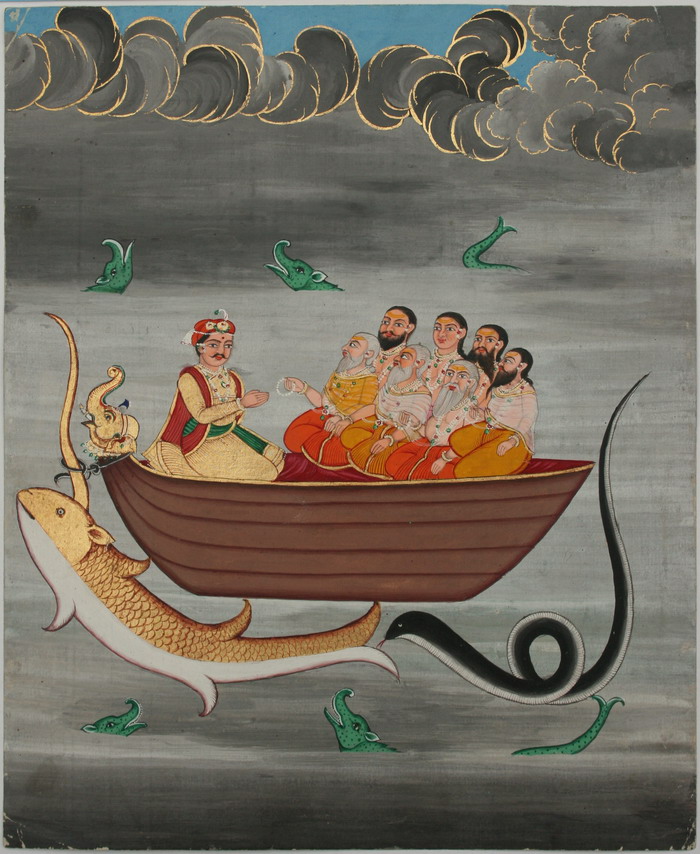



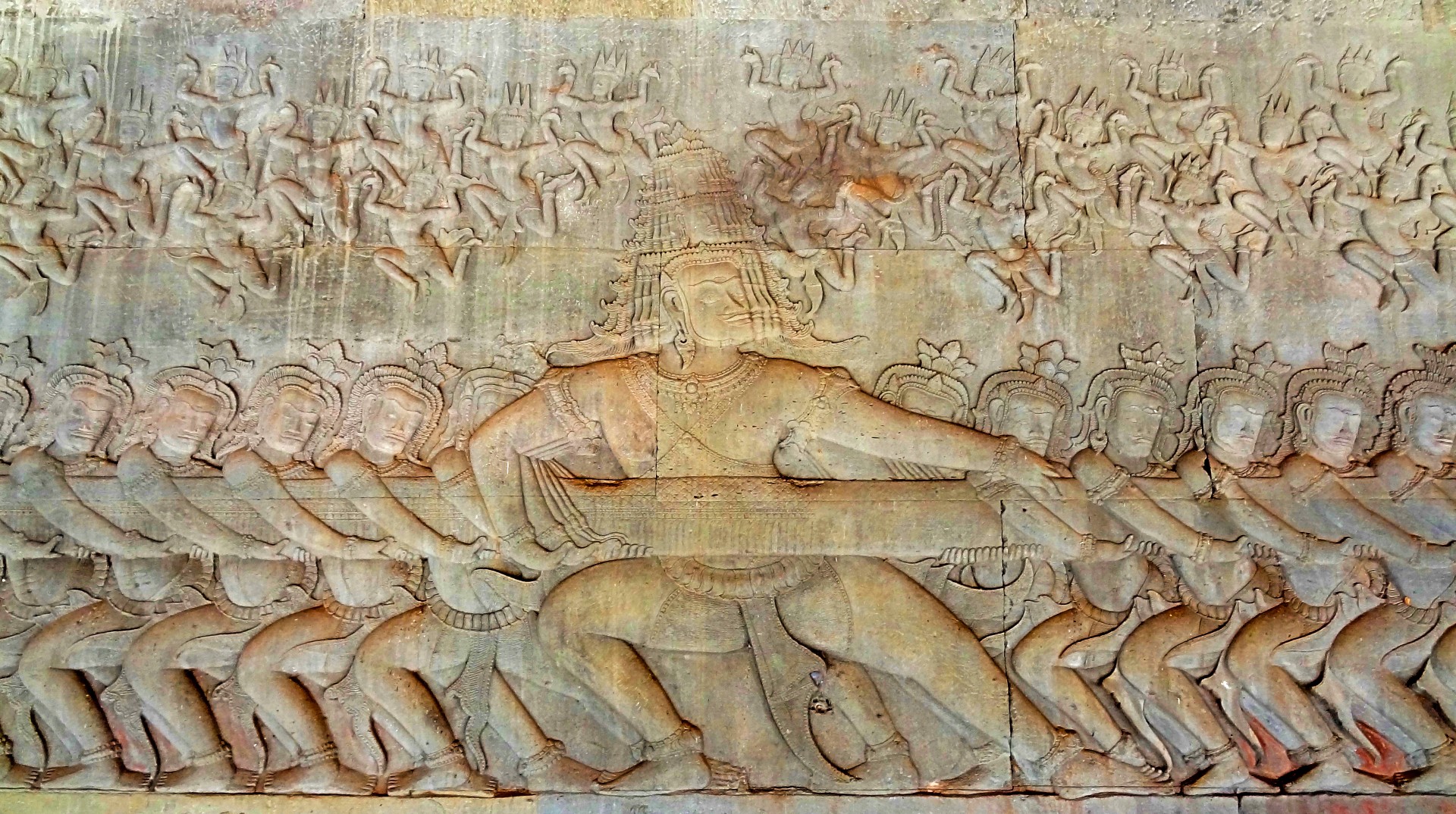
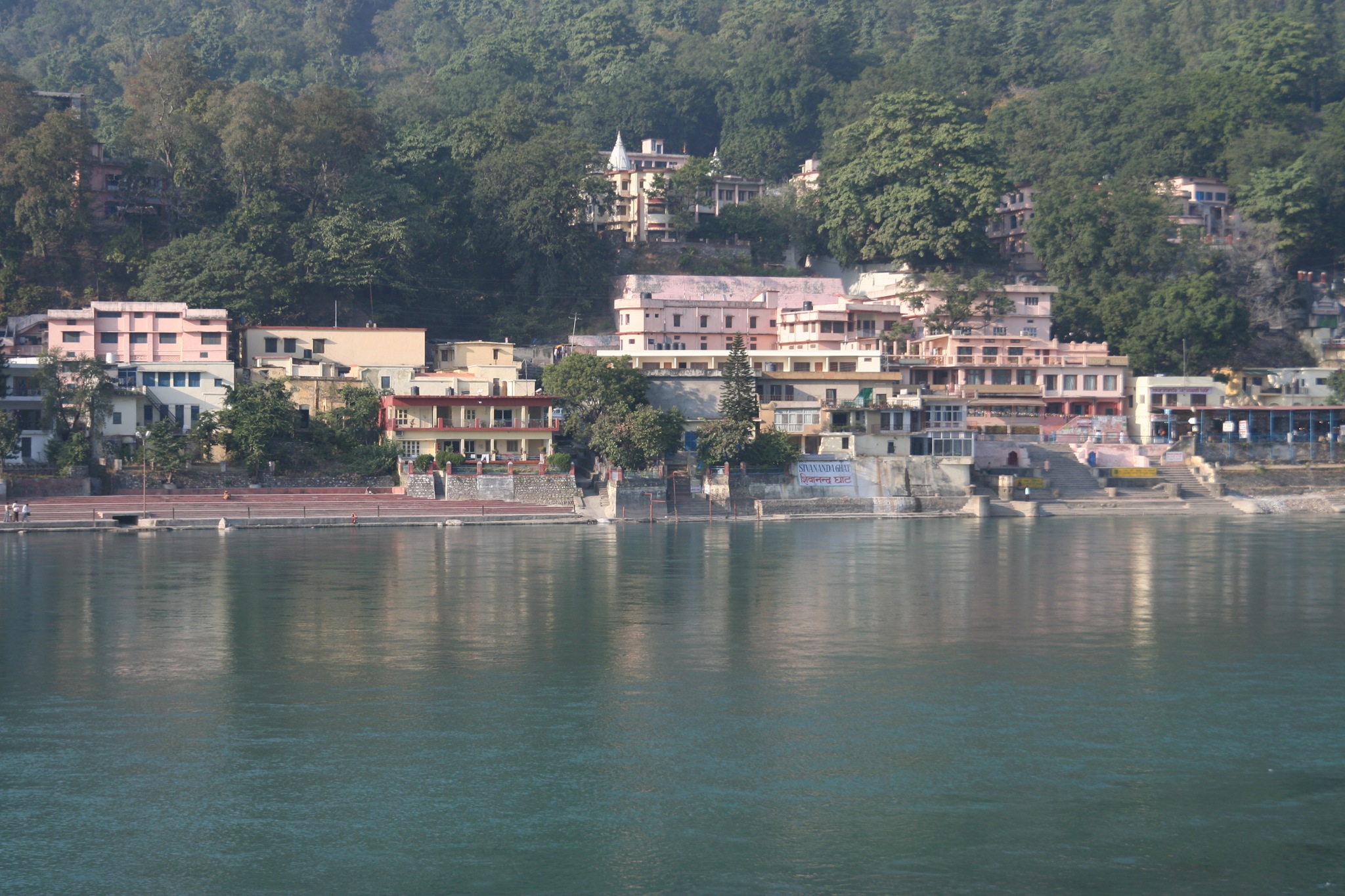
.jpg)

